Chennai: NLC India Ltd (NLCIL) and the Indian Institute of Technology Madras (IIT Madras) have signed a binding Memorandum of Understanding (MoU) to jointly develop and test carbon capture systems (CCS) designed for thermal power generation. The research project aims to create a lab-scale prototype that could eventually lead to a pilot implementation at one of NLCIL’s power plants.
Focus on Reducing Emissions from Thermal Power
The collaboration targets research on lab-scale carbon capture technologies using ionic liquids, amine blends, and electrochemical methods. Under the first phase, the project will process up to 10 litres per day of flue gas to evaluate the feasibility of different capture methods. The initiative is being funded entirely by NLCIL, with a budget of Rs 2.06 crore allocated from its CARD (Centre for Applied Research and Development) Science and Technology budget.
Phase two of the collaboration will involve scaling up to a pilot demonstration at one of NLCIL’s thermal plants, contingent on successful lab results. This would be undertaken under a separate agreement following the evaluation of phase one.
Joint Research Model with Shared IP Rights
The MoU outlines a collaborative model that includes shared intellectual property rights (on a 50:50 basis), regular progress reviews, and knowledge exchange between the PSU and the academic institution. Site-specific trials will also be carried out to test real-world applicability.
Supporting India’s Clean Energy Goals
NLCIL, a Navratna Central Public Sector Enterprise under the Ministry of Coal, has committed to a 2030 roadmap targeting 10 GW of thermal and 10 GW of renewable capacity. The carbon capture research aligns with the broader national objective of a phased energy transition, especially in sectors where thermal energy remains vital for base load requirements.
The initiative also comes at a time when the Ministry of Finance has released a draft Climate Finance Taxonomy, recognizing clean thermal technologies as essential for a just transition. By partnering with IIT Madras, NLCIL seeks to integrate academic expertise into its operational strategies for emission reduction.


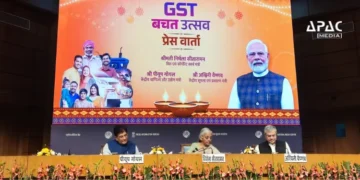

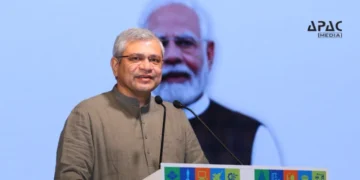







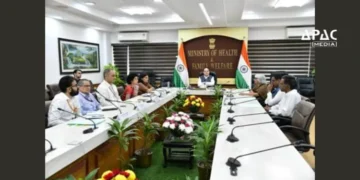
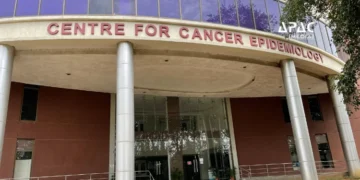

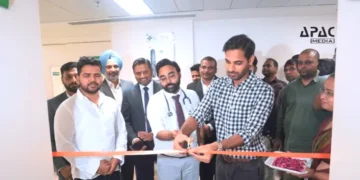



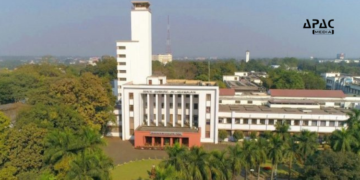


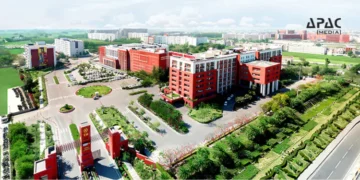
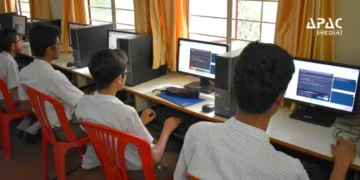
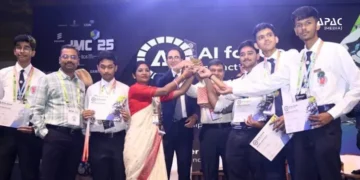
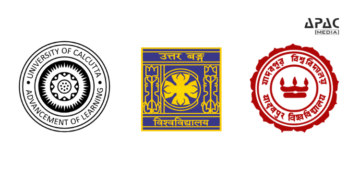

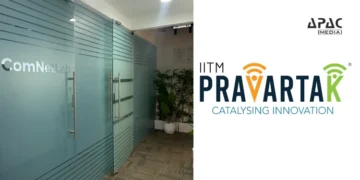
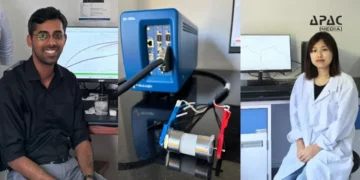
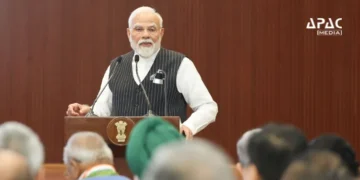

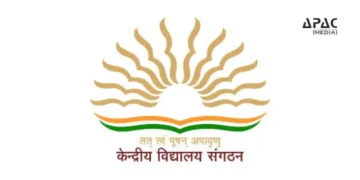

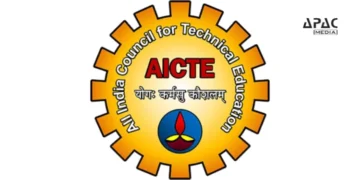



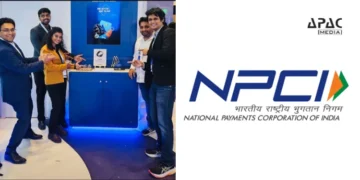




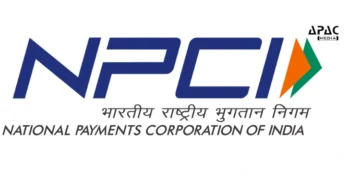

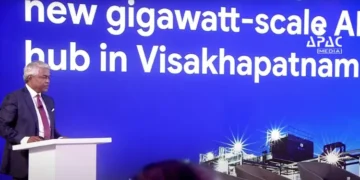
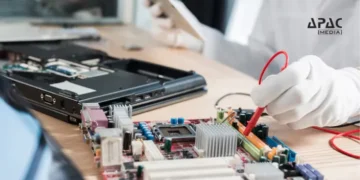




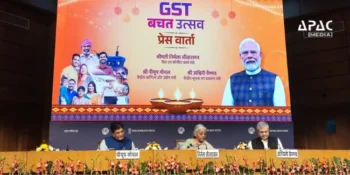











Discussion about this post